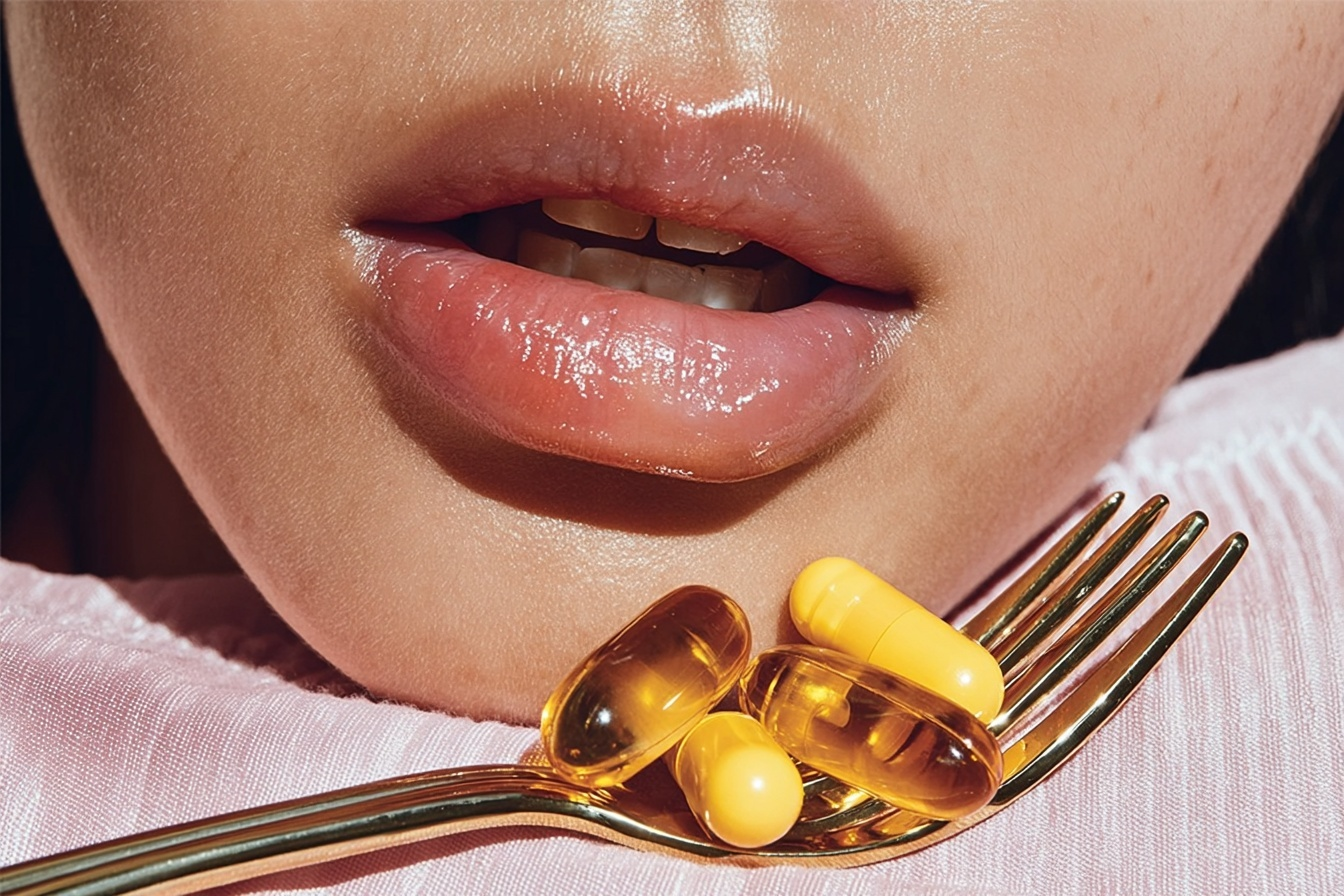Can You Use Lemon Essential Oil On the Skin?
Lemon essential oil is popular with formulators because it smells clean, cuts through oil, and carries a reputation for brightening. Its activity comes largely from volatile monoterpenes such as limonene, β-pinene and γ-terpinene, with smaller amounts of citral and related compounds. In vitro and ex vivo work shows antioxidant capacity and broad antimicrobial effects against several bacteria and fungi, which helps explain its use in products aimed at oily or blemish-prone skin and as a natural preservative adjunct. That said, most efficacy data sit at bench scale rather than in robust clinical trials, so positioning should be measured.
Where it can help in skin care
For oily or congestion-prone skin, the antimicrobial action of lemon oil’s key constituents can contribute to bioburden control in rinse-off or low-leave-on formats. This is not a stand-alone acne therapy, but it can complement evidence-based actives when placed thoughtfully in a formula. Antioxidant activity may also support protection against lipid peroxidation in sebum-rich zones, again best used as part of a broader system rather than as the hero claim.
Claims around tone evening often stem from data on individual citrus molecules influencing tyrosinase, not from high-quality trials of whole lemon oil on human facial hyperpigmentation. If you wish to explore a brightening angle, keep the language conservative and pair with proven agents such as azelaic acid or niacinamide, reserving lemon oil for sensorial and supporting roles.
The Risks
Phototoxicity in cold-pressed lemon oil.
Expressed, or cold-pressed, lemon oil can contain furocoumarins such as bergapten and oxypeucedanin that generate phototoxic reactions when UV light hits the skin. Classic work demonstrated these components and their photobiology, and today both IFRA and EU frameworks restrict furocoumarins in leave-on products, with very low limits in sun-exposed categories. You can materially reduce risk by choosing steam-distilled lemon oil, which largely removes furocoumarins, or by formulating expressed oil strictly in rinse-off products or night-only leave-ons with clear sun-avoidance labelling.
Allergic contact dermatitis from oxidised terpenes.
Limonene and linalool oxidise on air exposure to form hydroperoxides that are well-recognised contact allergens in dermatology patch-test series. Fresh material, antioxidants in the oil phase, oxygen-minimising packaging, and realistic shelf-life claims are essential. Formulators should plan for this risk rather than treat it as theoretical.
Lemon essential oil can add value in skin care when used with intent. Its antimicrobial and antioxidant properties are real, but the phototoxic and sensitisation risks are equally real and demand disciplined sourcing, formulation and labelling. Steam-distilled grades and rinse-off formats open the door to safer use. Expressed oils belong in tightly controlled contexts with robust stability planning and clear consumer guidance. That balance keeps the lemon note many clients enjoy while staying on the right side of science and regulation.







